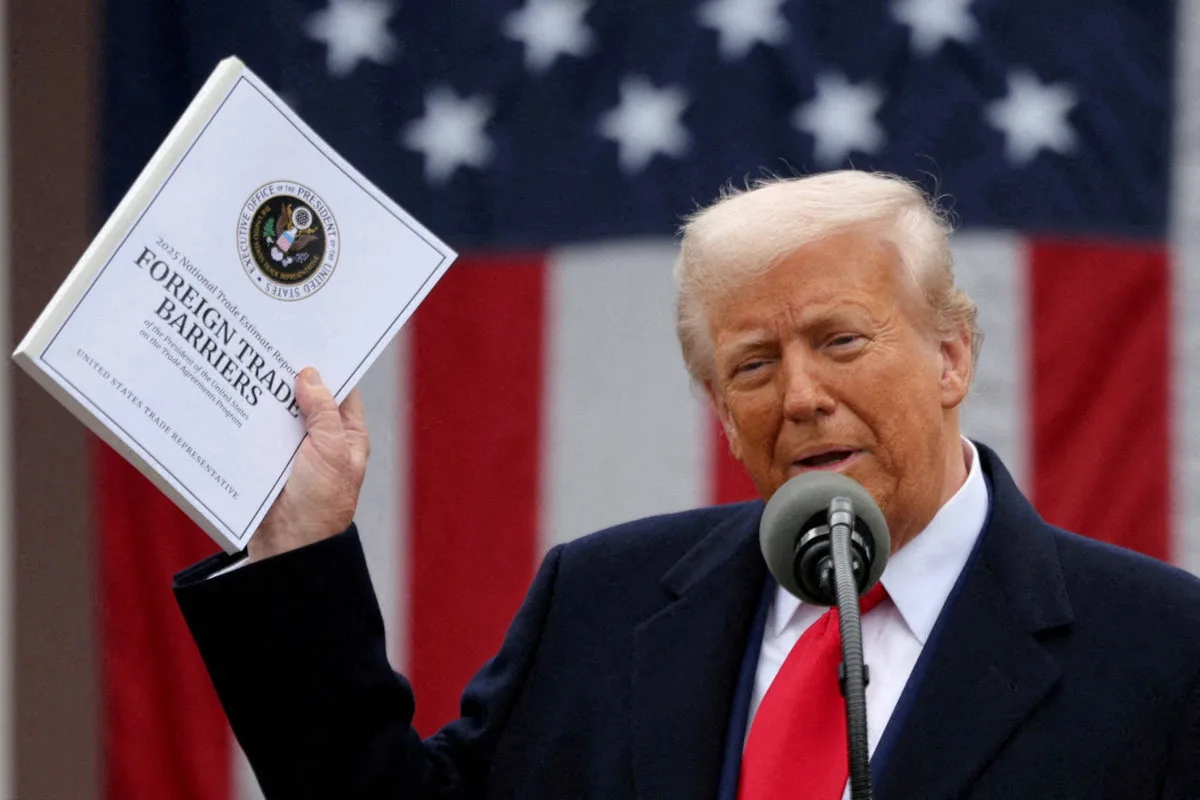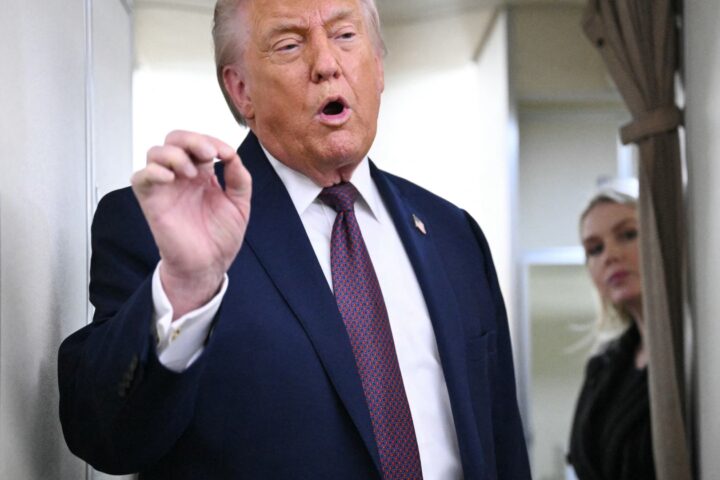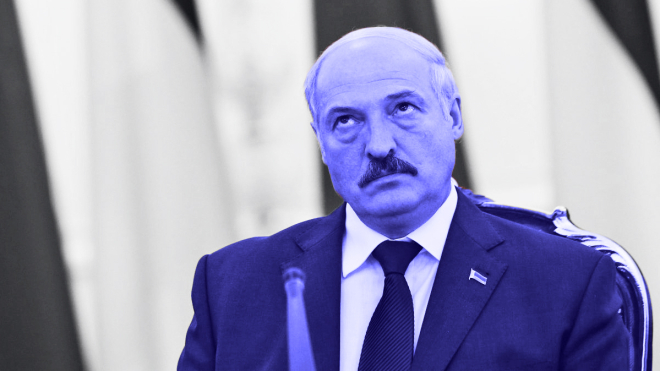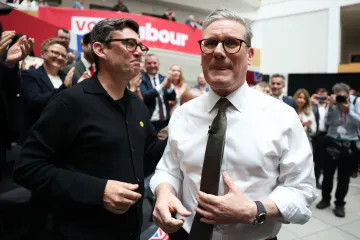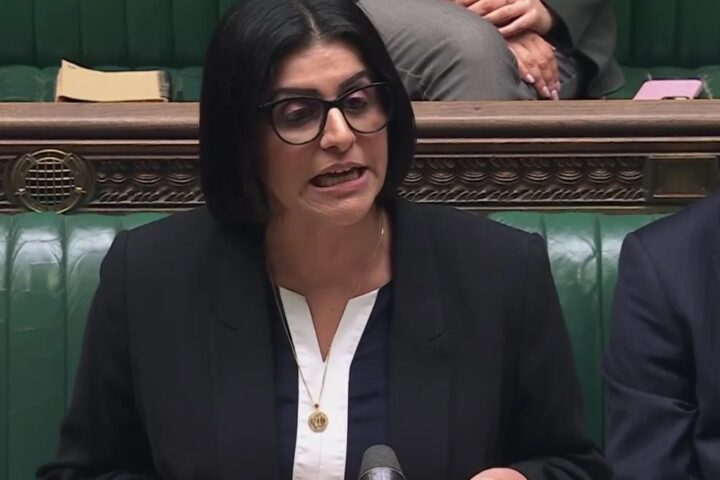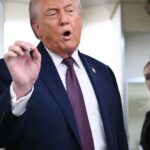US President Donald Trump’s sweeping tariff plans hammered global financial markets after he warned foreign governments they would have to pay “a lot of money” to lift the levies that he called “medicine”.
Asian equity markets sank, European shares crashed to a 16-month-low and oil prices plummeted as investors feared the duties Mr Trump announced last week could lead to higher prices, weaker demand and potentially a global recession.
After stocks in mainland China and Hong Kong cratered this morning, China’s sovereign fund stepped in to try to stabilise the market.
Ministers in the European Union, which has been divided on how strongly to punch back against Mr Trump without risking more pain for their own companies and consumers, are meeting as they seek to form a united front.
Goldman Sachs raised the odds of a US recession to 45% in the next 12 months, joining other investment banks in revising their forecast.
JP Morgan economists now estimate the tariffs pushing the US economy into a 0.3% contraction, down from an earlier estimate of 1.3% growth of gross domestic product.
“People are afraid the worst is yet to come. They’re worried about a market crash,” said Robert Pavlik, senior portfolio manager at Dakota Wealth Management in Connecticut.
“They’re worried about what follows – a recession here domestically and then globally, leading to a possible depression.”
Speaking to reporters on board Air Force One yesterday, Mr Trump indicated he was not concerned about losses that have wiped out trillions of dollars from world stock markets.
“I don’t want anything to go down. But sometimes you have to take medicine to fix something,” he said as he returned from a weekend of golf in Florida.
Mr Trump said he had spoken to leaders from Europe and Asia over the weekend, who hope to convince him to lower tariffs as high as 50% due to take effect this week.
“They want to talk but there’s no talk unless they pay us a lot of money on a yearly basis,” Mr Trump said.
